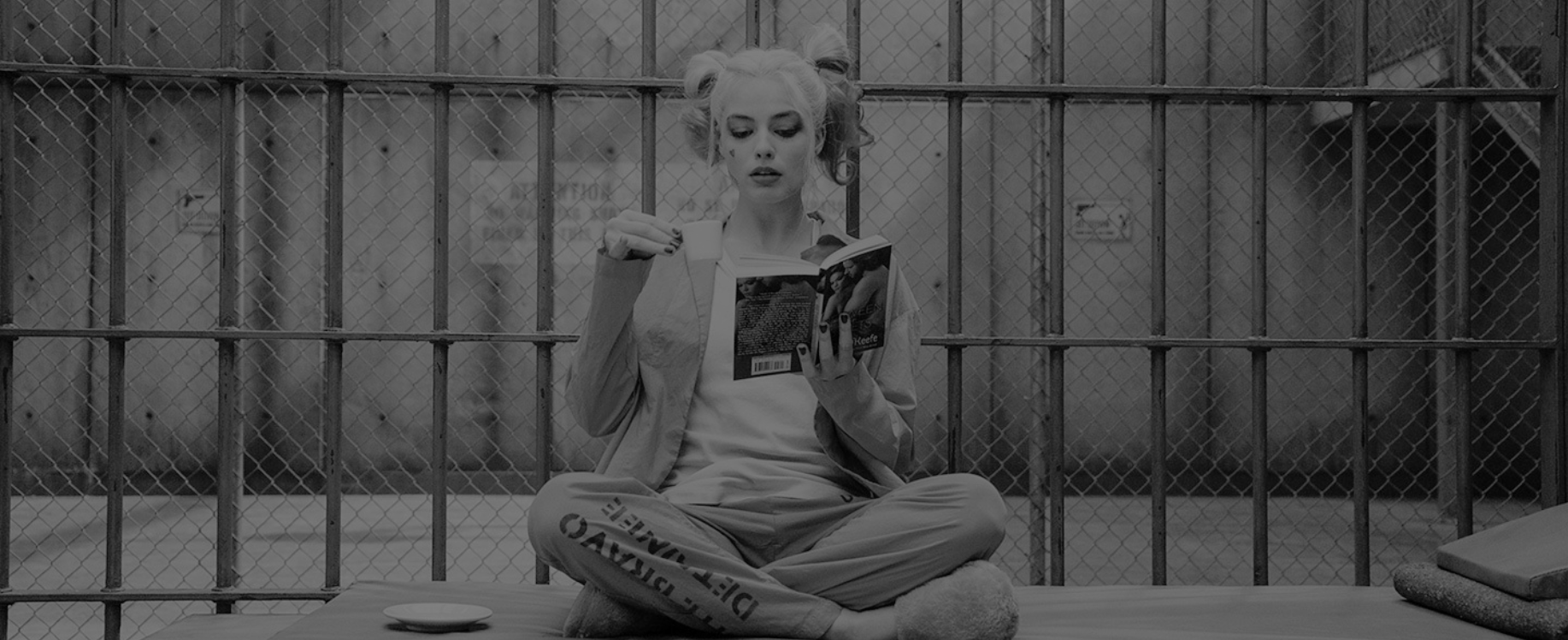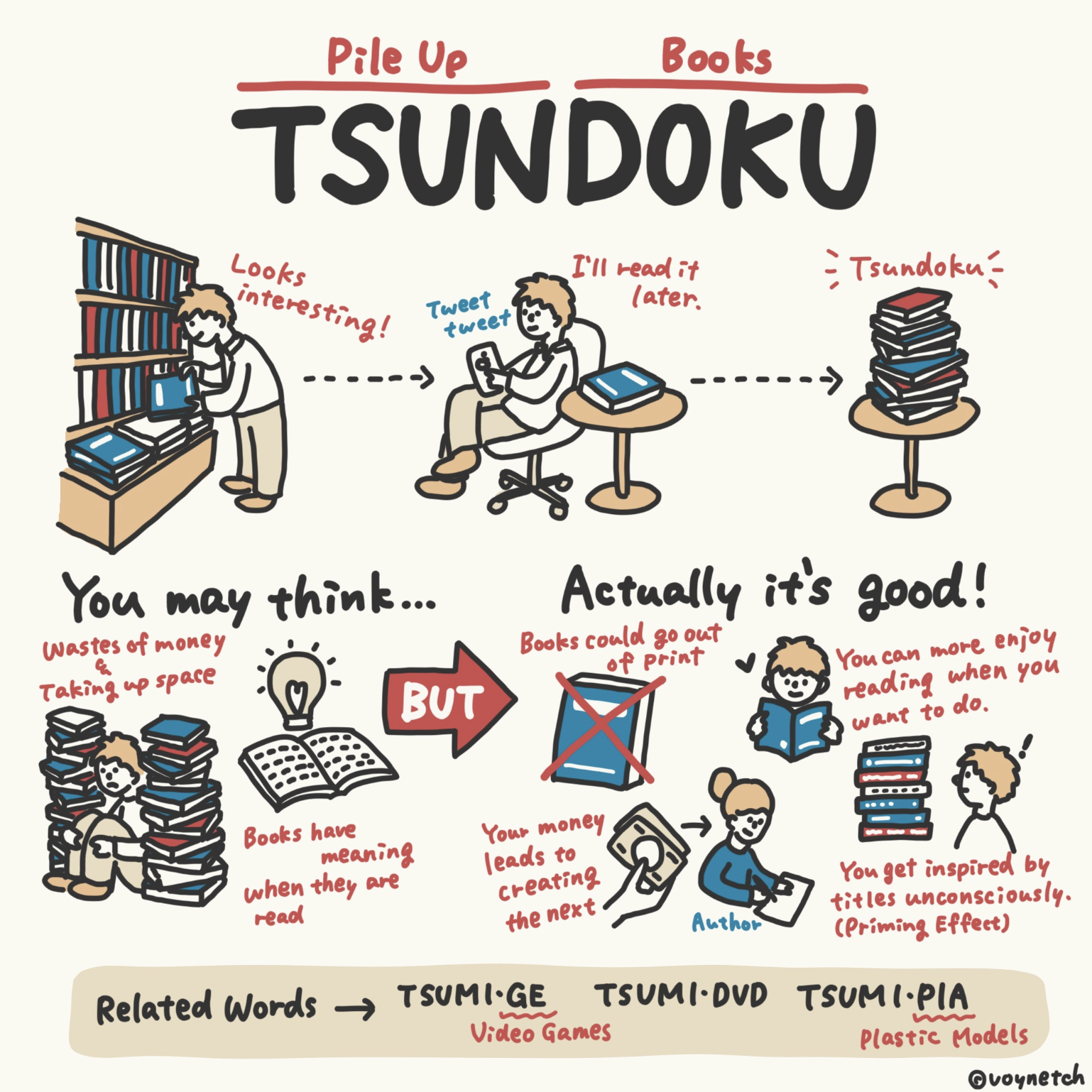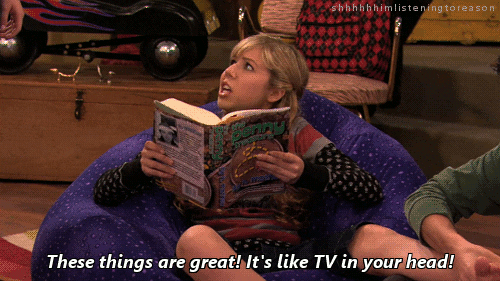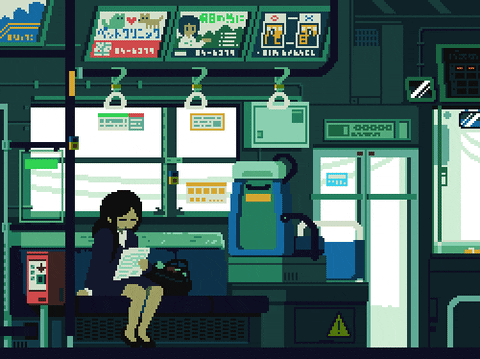On Reading

Backstory
Back in primary school I always had this inner voice saying that I’m a slow reader with an attention span of a goldfish an average human.
I remember those SRA Reading Labs module from Reading class where they divide the class into levels reflecting their reading ability. Sadly, I was usually assigned to the bottom level. I might be overthinking this, but it definitely did not boost my confidence nor self-esteem. Since confidence is built by doing, this small voice ended up being a self-fulfilling destiny. “Oh well”, it said to me, “You should just focus in Math”. 🤓

Reading to Survive
After years of considering reading as my waterloo, my perception of my own capacity changed when I was in Uni. To survive, I needed to love books.
While some students were reading slides when reviewing, I knew I need to read the actual books that my professors are reading. The goal is to deeply engage in the material, so as to reach a point where even I could teach the subject domain. A few semesters in, and I did not really realise that I have fallen in love with reading.
Quick Dedication: To Leithold’s TC7, Theory of Computation, University Physics, CLRS, and the other whitepapers that ignited me - you’re the real MVP.
Side-note: I am thankful that I never had to read on Donald Knuth’s The Art of Computer Programming. 😅Sheez.
Unintentional Tsundoku
Moving forward, I had acquired the habit of buying heaps of books with the excuse that my reading strategy is parallel-reading books. Of course, it was not productive nor rewarding.
I was missing out the grand feeling of anticipation as one brushes through the remaining pages of a book - both wanting and not wanting for it to end.
Interestingly, Japan has this idea of Tsundoku (Japanese: 積ん読):
Tsundoku is acquiring reading materials but letting them pile up in one’s home without reading them.
My partner introduced me to this idea of piling up unread books to serve as a reminder that there’s still this vast, untouched knowledge in this world for us to absorb.

Although Tsundoku may be the perfect idea to justify this buying problem, it did not help me get more engaged with the books I read. Context-switching between books makes parallel-reading ineffective. Imagine having to repeatedly read from the start of a chapter just to remember the load the context in your mind.
Some workarounds that might work:
- Adopt the “Minimalist” rule of
One In, One Outwhere you only buy another book once you finally finished one. - Limit the books you read in parallel and use chapters as reading checkpoints.
Since I love seeing my backlog books on my shelf, I went for Option 2. 😇
Striking the Balance: 1 Tech, 1 Non-Tech
As a professional in tech, it’s my duty to constantly sharpen my tool. That is, I adopted the idea of reading 1 tech book and 1 non-tech book at a given time.
I noticed that for tech books, getting an e-book version will usually be better as materials written about tech tend to get updated more frequently. On top of that, I enjoy writing down my notes when reading on more mentally exhausting topics. On the other hand, it’s usually recommended to get actual physical copies for non-tech books, as you’ll potentially be faster reading through them that way.

Setting a System for Reading
Setting a system is an amazing way to build a routine for reading that sticks. Here’s my current system:
| Environment | Duration | Book Type |
|---|---|---|
| Walk to station | 2 * 20 minutes | Audiobook (or podcasts) |
| Train ride | 2 * 40 minutes | Non-tech book |
| Post-dinner reading | At least an hour | Tech book |
The common thing between these three reading environments is that they all are controlled spaces. I can’t really do much while walking to the station except to listen. Train rides are amazing as it serves as my off-the-grid moments where I could focus on my book. Can’t really do much but to read, look outside, then read more.

For post-dinner reading, I stay a bit more time in the dining table, open my laptop, and have a split-screen of the e-book I’m reading and my note-taking software.
Pro-tip: Put on Lo-Fi music for optimal reading experience.
My 2020 Reading List
In case you’re interested, here my reading list for 2020. It contains titles about DevOps, Software Engineering, Stoicism, and random novels.
Feel free to reach me via Twitter if you have any exciting book recommendations.